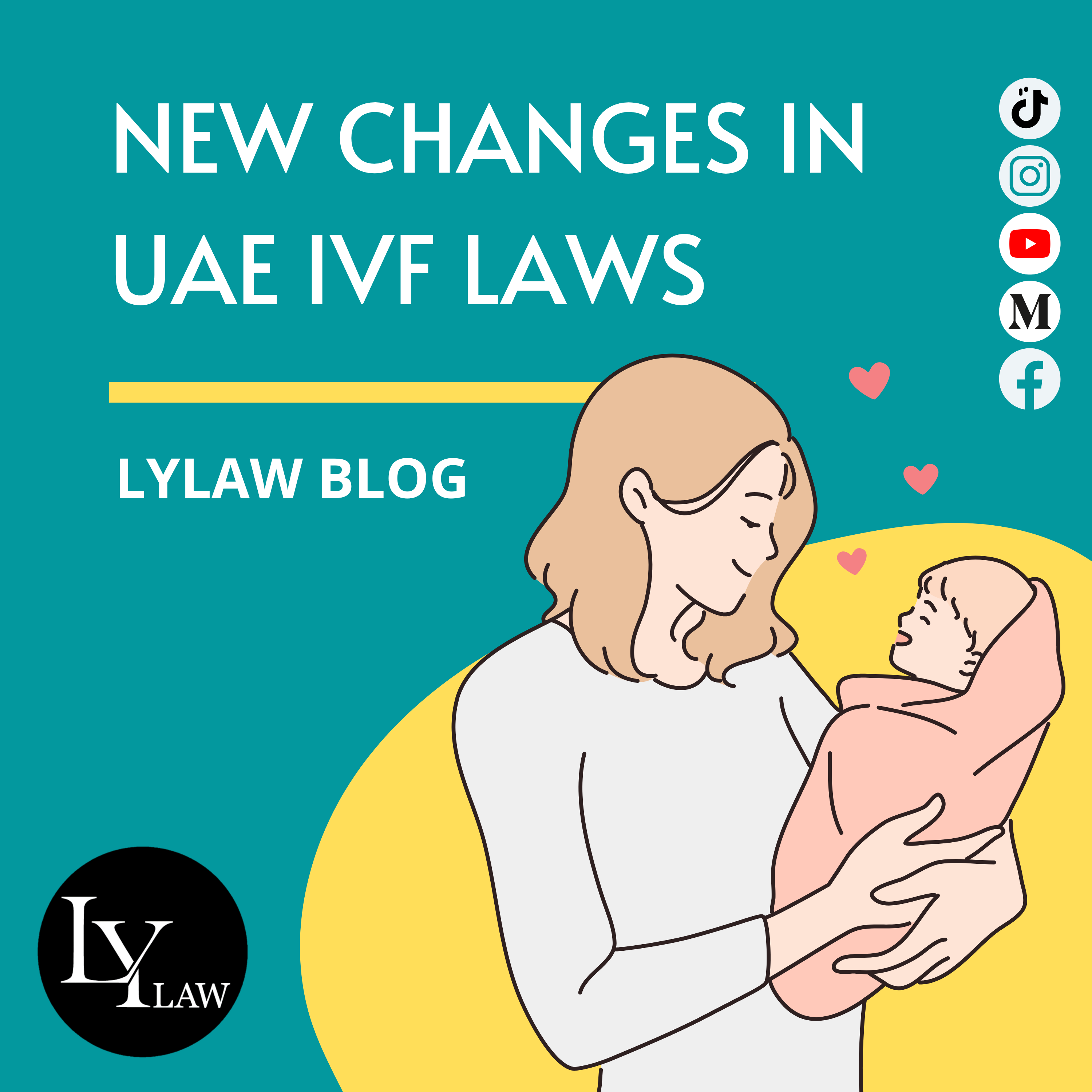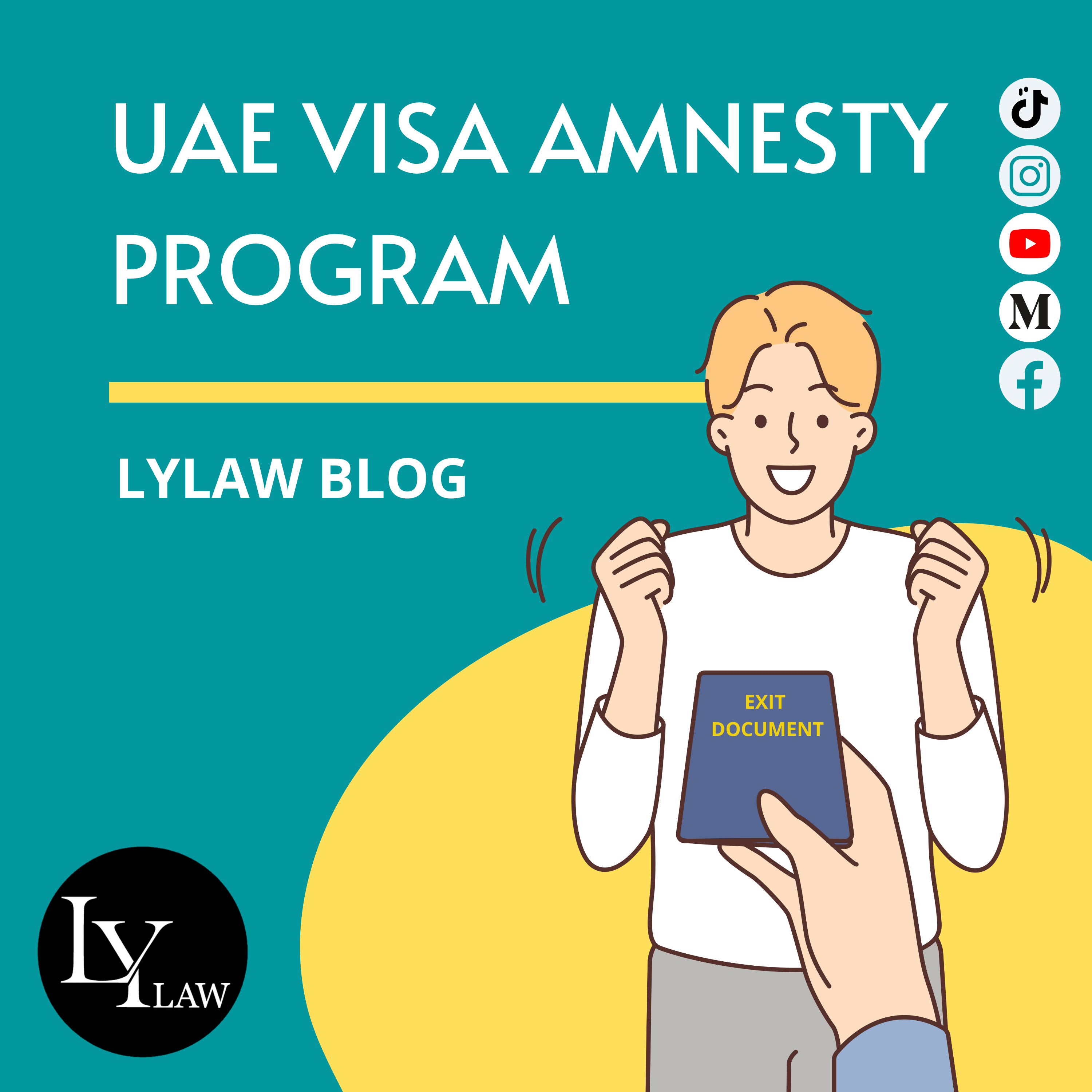في محامو LYنحن ندرك كم قد تكون صفقة عقارية في دبي مثيرة ومعقدة فكرياً في نفس الوقت. فسواء كنت تقوم بالشراء أو البيع أو الاستثمار، سيتعين عليك مراعاة العديد من الجوانب القانونية. فيما يلي، نسلط الضوء على بعض الأخطاء القانونية الشائعة، والاختلافات الرئيسية في قانون العقارات في دبي، وبعض الاعتبارات الهامة لأي طرف مشارك في صفقة عقارية.
1. الأخطاء القانونية الشائعة في المعاملات العقارية
للمشترين:
يدخل معظم المشترين في معاملات عقارية دون ممارسة العناية الواجبة على الصفقة. ويكون ذلك في شكل التحقق من سمعة المطور، والتحقق من سمعة المطور، والتحقق من وجود امتيازات أو نزاعات على العقار، والتحقق من موافقات المشروع. وتحدث المشكلة الشائعة الأخرى عندما يوقع المرء على مستندات غير مكتملة أو يصدر شيكات إيداع قبل الأوان.
ثالثاً، هناك أيضاً اعتماد غير مبرر من قبل المشترين على الإقرارات التي يقدمها وكلاء العقارات أو المطورون العقاريون. فعلى سبيل المثال، يتم أخذ تواريخ التسليم والانتهاء من التسليم ظاهرياً دون طرح أسئلة مهمة مثل ما إذا كان العقار مرهوناً أو إذا كان هناك عدة ملاك.
غالبًا ما يحاول المشترون التعامل مع المسائل القانونية بأنفسهم، بدءًا من إعداد المستندات وحتى فحص العقار، كما لو كانوا يعرفون أفضل من المتخصصين. وغالباً ما يترك هذا العمل القانوني المتكرر "افعل ذلك بنفسك" الكثير من التفاصيل القانونية والمخاطر القانونية المحتملة. والقاعدة البسيطة هي طلب المشورة المهنية المناسبة في جميع المسائل القانونية والتأكد من معرفة الالتزامات المالية التي يتم التعهد بها.
للبائعين:
الخطأ الشائع الذي يرتكبه البائع هو الاعتماد كلياً على الوكلاء دون العمل مباشرةً مع المشتري لفهم ما يحتاجه بالضبط. قد يؤدي التأخير في التسليم ضمن الجدول الزمني المتفق عليه أو استكمال بعض المستندات إلى نشوب نزاعات، خاصةً حول الودائع، والتي يحتفظ بها السماسرة في بعض الأحيان. ثانياً، لا يفهم العديد من البائعين الالتزامات القانونية ذات الصلة، مثل العقوبات المطبقة على التسويات المبكرة للرهن العقاري أو متطلبات التحويل.
2. الاختلافات الرئيسية في قانون الملكية في دبي فيما يتعلق بملكية الأجانب
في الواقع، تُعد دبي بشكل عام واحدة من أكثر المدن الصديقة للمستثمرين الأجانب في الإمارات العربية المتحدة، حيث توجد مناطق تملك حر في جميع أنحاءها، وهي مصممة خصيصاً لبيعها للأجانب. ومع ذلك، لا تصنف جميع مناطق دبي على أنها مناطق تملك حر. فالمناطق القديمة في دبي، مثل جميرا وأجزاء من "دبي القديمة"، قد لا تكون متاحة للتملك الأجنبي. وبالمقابل، توفر الإمارات الأخرى عدداً أقل من مناطق التملك الحر، وبالتالي يقل عدد الفرص المتاحة للاستثمار الأجنبي.
هناك امتياز آخر يحق للمستثمرين العقاريين الأجانب بموجب برنامج التأشيرة الذهبية في دبي وهو الحصول على تأشيرة طويلة الأجل عند شراء عقار تزيد قيمته عن 2 مليون درهم إماراتي. توجد خيارات التأشيرة للعقارات التي تتراوح قيمتها من 700,000 درهم إماراتي إلى 2 مليون درهم إماراتي، ولكن لمدة أقصر. من القوانين المحددة الأخرى التي يجب أن يكون المستثمر على دراية بها هي تلك التي تنص على تملك العقارات في مناطق خاصة مثل مركز دبي المالي العالمي وسوق أبوظبي العالمي.
3. الاعتبارات القانونية لعمليات الشراء خارج الخطة
تعتبر العقارات على الخارطة شائعة في دبي، ولكنها تأتي مع إجراءاتها القانونية المنفصلة. يجب على المشتري أن يتأكد من أن المطور مسجل بالكامل لدى مؤسسة التنظيم العقاري وأن المشروع مسجل. الدفع في حساب ضمان مخصص للمشروع يحمي استثمارك.
يجب أن يكون مخطط الدفع والجدول الزمني للبناء وجميع الشروط والأحكام الأخرى في اتفاقية البيع معروفة بوضوح. يجب على المشترين الاحتفاظ بجميع السجلات والإيصالات والفواتير، وكذلك المراسلات مع المطور. بعض العناية الخاصة بمواصفات العقار، مثل الشقق الفندقية أو اتفاقيات الإدارة الحصرية، هي موضع اهتمام خاص للمشترين على الخارطة.
4. حماية المطورين العقاريين - حق الرجوع للمشترين
يتعين على المطورين في دبي تلبية متطلبات صارمة للغاية من حيث الترخيص من خلال إثبات الخبرة والاستقرار المالي وملكية أرض المشروع أو السيطرة عليها. يجب على المطورين أيضاً الاحتفاظ بحسابات ضمان من أجل ضمان استخدام الأموال المخصصة لأي مشروع معين لأغراض البناء فقط.
وعلى الجانب الآخر، يتمتع المشترون بحماية قانونية كبيرة. من المنظور التنظيمي، يتم توجيه قوانين العقارات في دبي من خلال مؤسسة التنظيم العقاري ودائرة الأراضي والأملاك في دبي، والتي توفر العديد من سبل الانتصاف للمشترين في حالة تأخر المطور في إتمام المشروع أو الأسوأ من ذلك، فشل في التسليم. كما يمكن للمشترين الرجوع إلى السوابق القانونية الراسخة وحتى حجب العقارات أثناء النزاعات.
في حالة تخلف المطور عن السداد أو إخلاله بالعقد، يحق للمشترين أيضاً تقديم شكوى إلى مؤسسة التنظيم العقاري واتخاذ الإجراءات القانونية ضد المطورين. وبهذه الطريقة، تتم حماية استثمارات المشترين من خلال معرفة الخيارات التي يمكن الاستفادة منها.
5. اللوائح القانونية الجديدة في عام 2024
جلب عام 2024 بعض اللوائح الجديدة إلى دبي بهدف تحقيق المزيد من الشفافية والامتثال في القطاع العقاري. ومن بين هذه اللوائح
- تشديد قوانين مكافحة غسل الأموال، التي تُسلط المزيد من التدقيق على الوسطاء والوكلاء.
- لوائح أكثر صرامة بشأن الاتصال الهاتفي البارد والإعلان عن العقارات لضمان تسويق أفضل جودة.
- زيادة استخدام تقنية سلسلة الكتل لتيسير المعاملات وتقليل احتمالية الاحتيال.
تتجه هذه التغييرات في التشريعات نحو سوق عقارات أكثر أماناً وشفافية للمشترين والبائعين والمستثمرين.
6. الإجراءات القانونية في حالة حدوث خطأ ما
قد لا تسير التعاملات العقارية دائماً بالطريقة التي يتمناها المرء. إذا كان هناك نزاع، فإن الكثير يعتمد على الشروط الدقيقة للعقد وطبيعة الأطراف. في كثير من الأحيان، يمكن حل مثل هذه النزاعات بالاتفاق المتبادل، ولكن عندما لا تنجح هذه الوسيلة، يتعين على المشترين والبائعين اللجوء إلى اتخاذ إجراءات قانونية. تتسم محاكم دبي بكفاءة عالية في التعامل مع القضايا المتعلقة بالعقارات، والتي بدورها مدعومة بسوابق قانونية راسخة.
يمكن أيضًا اللجوء إلى دائرة الأراضي والأملاك في دبي للوساطة من قبل البائعين والمشترين، على الرغم من أن نسبة النجاح ليست مؤكدة وتعتمد على جدية الاتفاق بين الطرفين.
7. الحماية من المعاملات الاحتيالية
إنها واحدة من أكثر الأسواق العقارية تنظيماً، حيث تكون عمليات الاحتيال فيها ضئيلة، خاصةً بالنسبة للمشترين الذين يتعاملون مع مطورين مسجلين وحيث تتم معاملة البيع من خلال حسابات الضمان. قد تكون هناك أيضاً خطط دفع أخرى، مثل محافظ العملات الرقمية من خلال وسطاء غير منظمين؛ وهذه محفوفة إلى حد كبير بمخاطر الاحتيال المتزايدة. يجب أن تتم عملية شراء عقار من خلال قنوات آمنة وشفافة لتجنب الاستهداف بعمليات الاحتيال.
8. تأثير الرقمنة والبلوك تشين على القانون العقاري
في ظل التحول الرقمي الذي يشهده سوق العقارات في دبي، بدءاً من مفهومه الأساسي وصولاً إلى أحدث ما توصلت إليه تكنولوجيا البلوك تشين التي تُعد إحدى الميزات الجديدة التي أحدثت ثورة في الطريقة التي تتم بها المعاملات. يوفر استخدام تقنية البلوك تشين وضوحاً متزايداً وبالتالي أوقاتاً أسرع بكثير للمعاملات مع السجلات الدائمة غير القابلة للتحرير للمعاملات العقارية المعنية. كما بدأ عدد قليل من مطوري العقارات في دبي في قبول العملات الرقمية لشراء العقارات، على الرغم من أن استخدام هذه الوسيلة للتبادل لا يزال في طور التطور ولم يتم البت في تنظيمها المستقبلي بعد.
الخاتمة: كيفية إجراء صفقة آمنة وسليمة من الناحية القانونية
الصفقة العقارية هي واحدة من الالتزامات المالية الرئيسية التي يمكن أن يقوم بها الشخص. وسواء في البيع أو الشراء، فمن الأفضل أن تكون على دراية تامة وحذر ونصيحة من قبل خبراء قانونيين لتجنب المزالق الشائعة وحماية الاستثمار.
محامو LY يقدم الدعم القانوني الكامل في جميع القضايا المتعلقة بالمعاملات العقارية في دبي، بدءاً من العناية الواجبة وانتهاءً بتسوية المنازعات. إذا كانت لديك أي أسئلة أو كنت بحاجة إلى استشارة قانونية، فلا تتردد في الاتصال بنا. كن على ثقة بأن فريقنا المحترف سيقودك بكل ثقة حتى في أكثر القضايا تعقيداً التي قد تنشأ في سوق العقارات في دبي.




